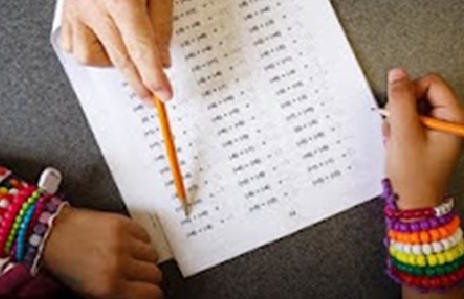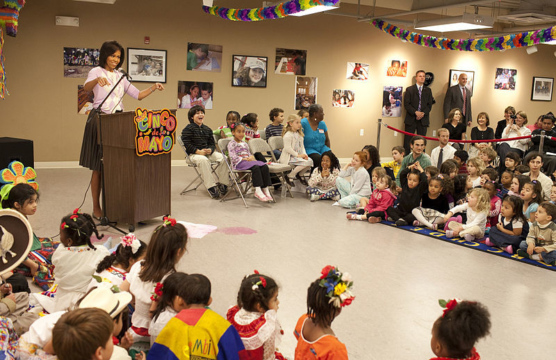
Charter Techniques in Public Schools
Article provides evidence to substantiate hypothesis that charter and public school competition improves student learning.
This post is also available in: Spanish
A recent study on the factors associated with effective charter schools in New York City suggests that many inputs often thought to influence results—class size, per pupil expenditure, the fraction of teachers with no teaching certification, and the fraction of teachers with an advanced degree—are not correlated with school effectiveness, and may even reduce test scores.
In contrast, a series of policies promoted by some of the city’s most respected charter schools—frequent teacher feedback, data driven instruction, high-dosage tutoring, increased instructional time, and a relentless focus on academic achievement—appear to have a strong association with effectiveness. The findings suggest that (at least in New York City) increasing traditional, resource-based inputs will do little to improve learning, but that adopting a new model organized around changing teacher behavior in the classroom can have a significant impact.
Article provides evidence to substantiate hypothesis that charter and public school competition improves student learning.
Editorial in Washington Post examines charter school successes.
Found and CEO of Success Charter Network in NYC says funds are better invested in tools that aid learning, not smaller class sizes.

